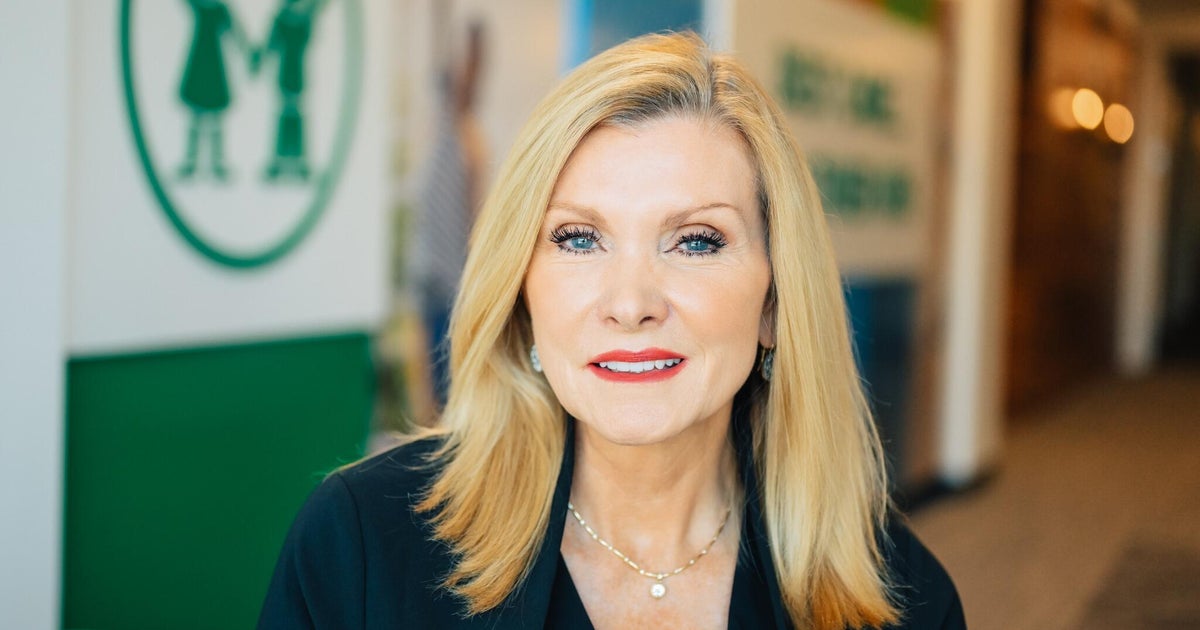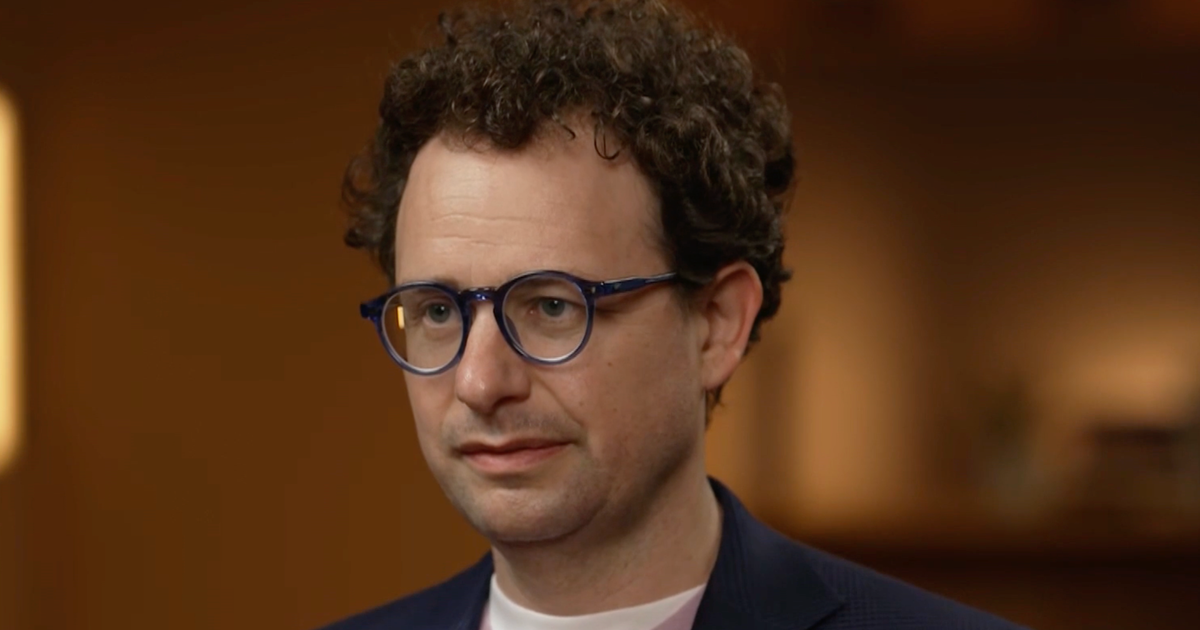Pfizer CEO says fourth dose of COVID vaccine is "necessary," submits data to FDA
Pfizer's CEO says the company is submitting data to the Food and Drug Administration on the need for a fourth dose of its COVID-19 vaccine. While the shot Pfizer is currently producing with BioNTech still protects against severe disease, the drugmaker now believes another booster is needed to ward off infections.
"Right now, the way that we have seen, it is necessary, a fourth booster right now. The protection that you are getting from the third, it is good enough, actually quite good for hospitalizations and deaths. It's not that good against infections," Pfizer CEO Albert Bourla told "Face the Nation" in an interview that aired Sunday.
Steven Danehy, a spokesperson for Pfizer, said Bourla was referring to "early and preliminary" data and pointed to a study announced in January examining both a fourth dose of the currently-authorized formulation as well as one designed to target the Omicron variant.
"We will continue to collect and assess all available data and remain in open dialogue with regulators and health authorities to help inform a COVID-19 vaccine strategy as the virus evolves," Danehy said in a statement.
A White House spokesperson referred inquiries about the submission to the FDA. A spokesperson for the agency declined to comment.
Bourla had previously described the company's submission as a "significant package of data about the need for a fourth dose," in an interview with CNBC. His conclusions echo trends observed by health authorities around the world, who have studied vaccine effectiveness during the Omicron variant wave earlier this year.
A cohort study published by the Centers for Disease Control and Prevention last month found vaccine effectiveness against COVID-19 emergency room or urgent care visits had decreased to 66% among those who had received a third dose of one of the mRNA vaccines four to five months ago. The vaccine was 78% effective against COVID-19 hospitalizations among this group.
Beyond the fourth shot, Bourla said the company is attempting to create a new vaccine "that will protect against all variants, including Omicron, but also something that can protect for at least a year."
"Omicron was the first one that was able to evade in a skillful way, the immune protection that we're giving. But also, we know that the duration of the protection doesn't last very long," he said.
Federal health officials have previously said an additional booster shot would likely be needed to head off new waves of the virus, though potentially not until the fall for most people.
"The hope would be that after our third shots we're able to get enough time out of them that we end up on essentially a yearly COVID-19 booster," Dr. Peter Marks, the FDA's top vaccines official, told an event hosted by the University of California San Francisco and Stanford University in January.
That timeline had been echoed by executives at Moderna, which is also racing to trial new versions of their COVID-19 vaccine it hopes regulators can greenlight ahead of a potential "fall booster season."
"It is time to update the vaccine against the mutations that are currently circulating, and to improve the durability against those new variants of concern. But it does run into the challenge of those filings," Moderna's president Stephen Hoge told investors last month.
However, officials have said the fourth dose timeline could be accelerated for groups more vulnerable to severe breakthrough infections as the virus continues to spread.
"I don't think you're going to be hearing, if you do, any kind of recommendations that would be across the board for everyone," Dr. Anthony Fauci, the president's chief medical adviser, told reporters last month.
Close to half of all vaccinated adults and more than two thirds of vaccinated American seniors have received a booster shot, according to the CDC's figures.
While the pace of new cases and hospitalizations is continuing slow nationwide in the wake of the Omicron surge earlier this year, more than a thousand COVID-19 deaths are still being reported per day on average.
In Europe — which had also seen infections plummet following an Omicron surge — the pace of new cases is once again climbing after several nations moved to lift their pandemic restrictions.
"It very likely will take into account what subset of people have a diminished, or not, protection against the important parameters such as hospitalization," said Fauci.



